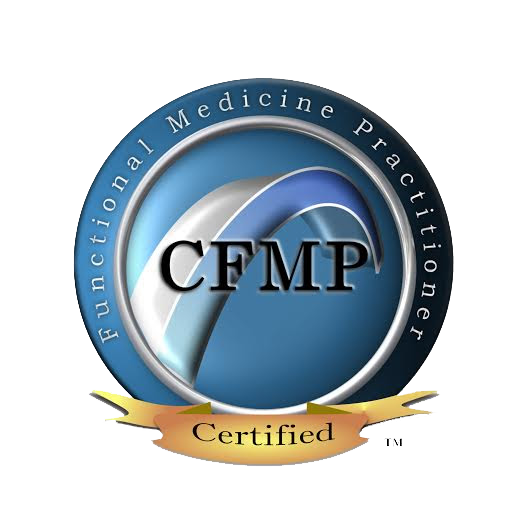The most natural melatonin is the kind your body makes. Melatonin is a hormone your body makes to help your body relax and sleep. Low melatonin has been to linked to all kinds of bad things like dementia, mood disorders, severe pain, cancer, diabetes type 2, depression, hypertension, and insomnia.1 Wouldn’t it be great if there was a way to get our bodies to make more natural melatonin? Well guess what, I found a way, or I guess I should say this little gem found me!
Natural Melatonin Dilemma: Unexpected Challenges in Treating Insomnia
You see, I have a patient who was having a terrible time with insomnia. In general she would have more trouble in the summer months than the winter. Through functional medicine testing we discovered that her melatonin levels were very low overall, and even worse, her highest melatonin levels were in the morning and her lowest levels were at night. This is the reverse of what we want. Based on the test results I prescribed very low dose of melatonin at bedtime. To my shock, the patient reported that the melatonin didn’t help her get to sleep, and in fact it seemed to make her more alert and sort of crazy. Stumped, I obviously agreed with my patient that she should stop the melatonin.

Here’s the good part–we discovered the problem. It turns out that my patient avoids going outside in the summertime. Who can blame her? We live in Phoenix, Arizona. There are times when the overnight low temperature is still over 100 degrees. Additionally, it turns out that my patient blacks out most of the windows in her house to further keep cool. It was her husband who wondered if this indoor summer hibernation could cause the weird melatonin levels. You can imagine my epic facepalm. YES! I very astutely recommended that my patient get outside in the sun as much as possible.
Guess what. It worked!
The Proof is in the Studies
Then I came across a fascinating study on sunlight and nighttime natural melatonin production 3 Researchers studied 192 people with the average age around 70, and found that 30 minutes to two hours of sunlight exposure increased nighttime melatonin by 13%. That’s natural melatonin!
On the flip side, reducing your exposure to light in the evening, especially blue light from sources like computer screens, phones, TV, and fluorescent and LED bulbs, will help boost your melatonin levels as well. Any light can reduce the production of natural melatonin, but studies 4 have shown that blue light suppresses melatonin production much more so than light of other wavelengths.
This may seem like an impossible proposal in this age of artificial light and electronic devices, but there are things that will help. Choose light bulbs that are tinted to produce a warmer light, more like the old incandescent bulbs, and use less and dimmer lights in the evening. Blue light blocking glasses 5 can be worn in the evenings while watching tv or using computers or cell phones. There is also a free computer program called f.lux 6 that will automatically change the color tint of your screen according to the time of day to decrease blue light in the evening hours.
Get Started Today!
If you’re struggling with insomnia and you don’t get outside much this might be for you too! If you or a loved one are suffering with a condition linked to low melatonin (dementia, mood disorders, severe pain, cancer, diabetes type 2 and insomnia) and want to see if your melatonin levels are ok, get your melatonin tested! The best testing is going to measure levels at three times during the day (saliva samples). That way in addition to overall levels of melatonin, you can see if levels are following the right pattern of low in the morning and high at bedtime. You can ask your doctor if he/she can test it, but chances are you’re going to need a Functional Medicine doc who knows about this kind of testing. Regardless of where you live, I can help. Schedule a “Get Acquainted” visit today and find out!




